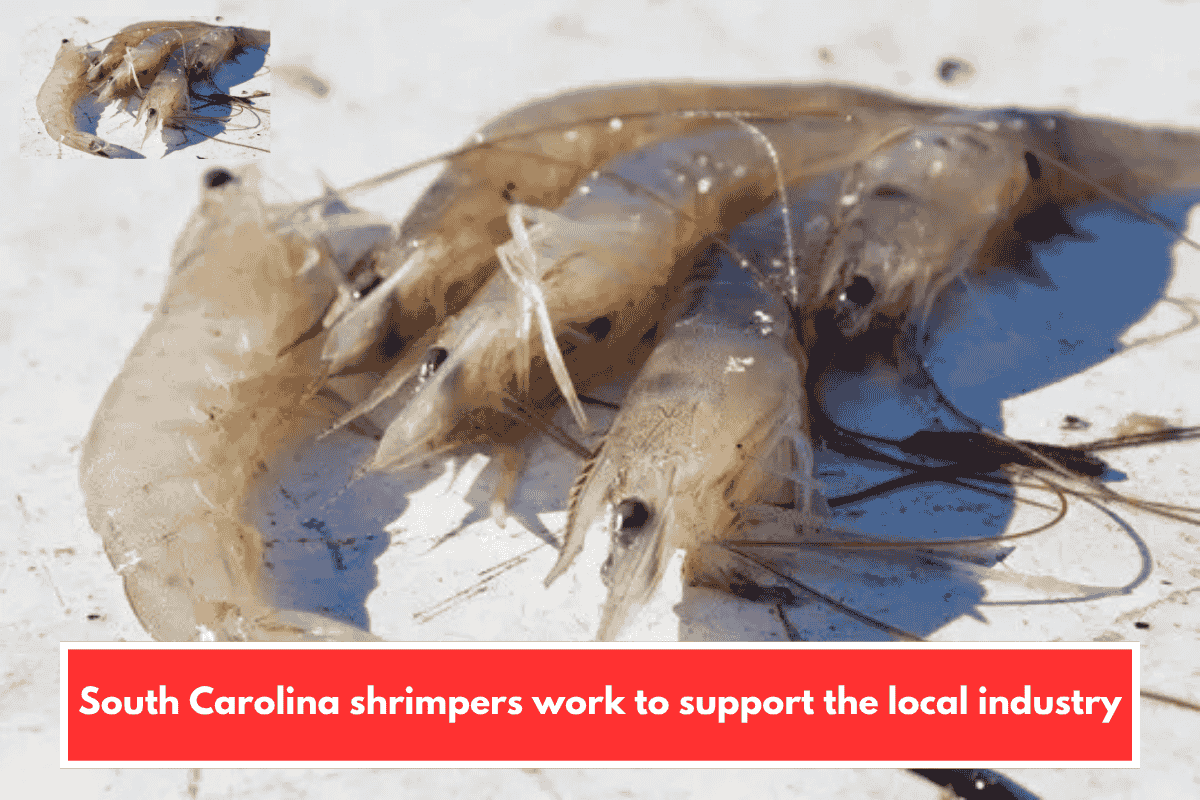Mount Pleasant, South Carolina – South Carolina shrimpers are in the peak of the fall white shrimp season. However, the number of local business boats is visibly decreasing, particularly around Shem Creek.
Rocky Magwood, a fourth-generation Shem Creek commercial fisherman, is one shrimper attempting to save his livelihood. He and his two other deckhands set out on the water before sunrise, intending to collect 600-700 pounds of shrimp per day. He usually trawls for a few miles around Shem Creek, this time around the Isle of Palms.
“By the middle of September, we can approach closer to the beaches; summer is almost finished, and nobody is in the water too much. “We’re allowed to fish on the beaches and so on,” Magwood explained. “It gets a little dicey since we don’t want to be crowded on the beaches, but it’s wonderful to have the option if possible. Shrimp can sometimes be found on the shore.
During the milder months, commercial boats can fish less than a mile from shore, thus Magwood’s boat may be visible in the morning. For decades, his family and many others in the Lowcountry have made a living from this vocation. However, he is concerned that increasing demands would jeopardize Shem Creek shrimpers.
“It’s sad to think I might be the last Magwood, and it’s kind of crazy to think that could be true here shortly,” the fourth-generation shrimper said. “If we somehow don’t find new people who want to do it and figure how to get paid more for our product.”
Magwood told News 2 that the expense of shrimping has been rising since he began in the 1990s. Fuel and maintenance costs more than he could make selling his product to consumers and local restaurants.
“It’s absurd to imagine that shrimp prices haven’t improved. It’s difficult since everything we acquire on our boats is much more expensive and requires a lot of effort,” explained Magwood. “That’s why we’re having so much trouble obtaining help on the boats; we’re all just hanging in there, and perhaps, one day things will improve. That’s what we wish for.”
Commercial fisherman, notably the South Carolina Shrimpers Association, are asking for harsher regulations on imported shrimp. While they do so, Magwood encourages people to shop locally to help keep the sector alive.
“pals won’t let pals eat imported shrimp. Simply try to support your local fishermen and buy American products. Simply support your fellow Americans. “That’s just not seafood; do it with everything,” Magwood advised.
The SCSA maintains a list of where to acquire fresh, local shrimp.









